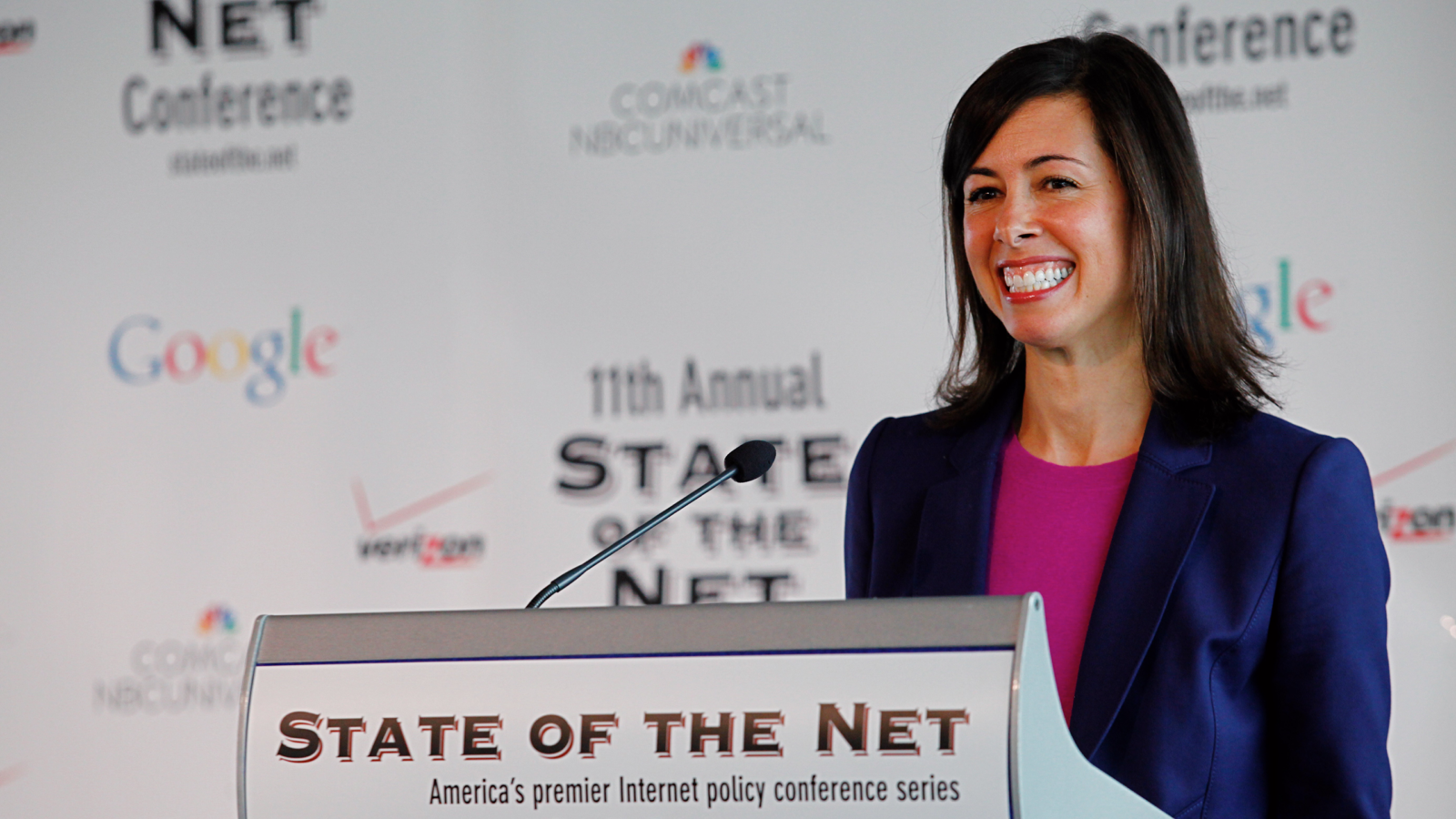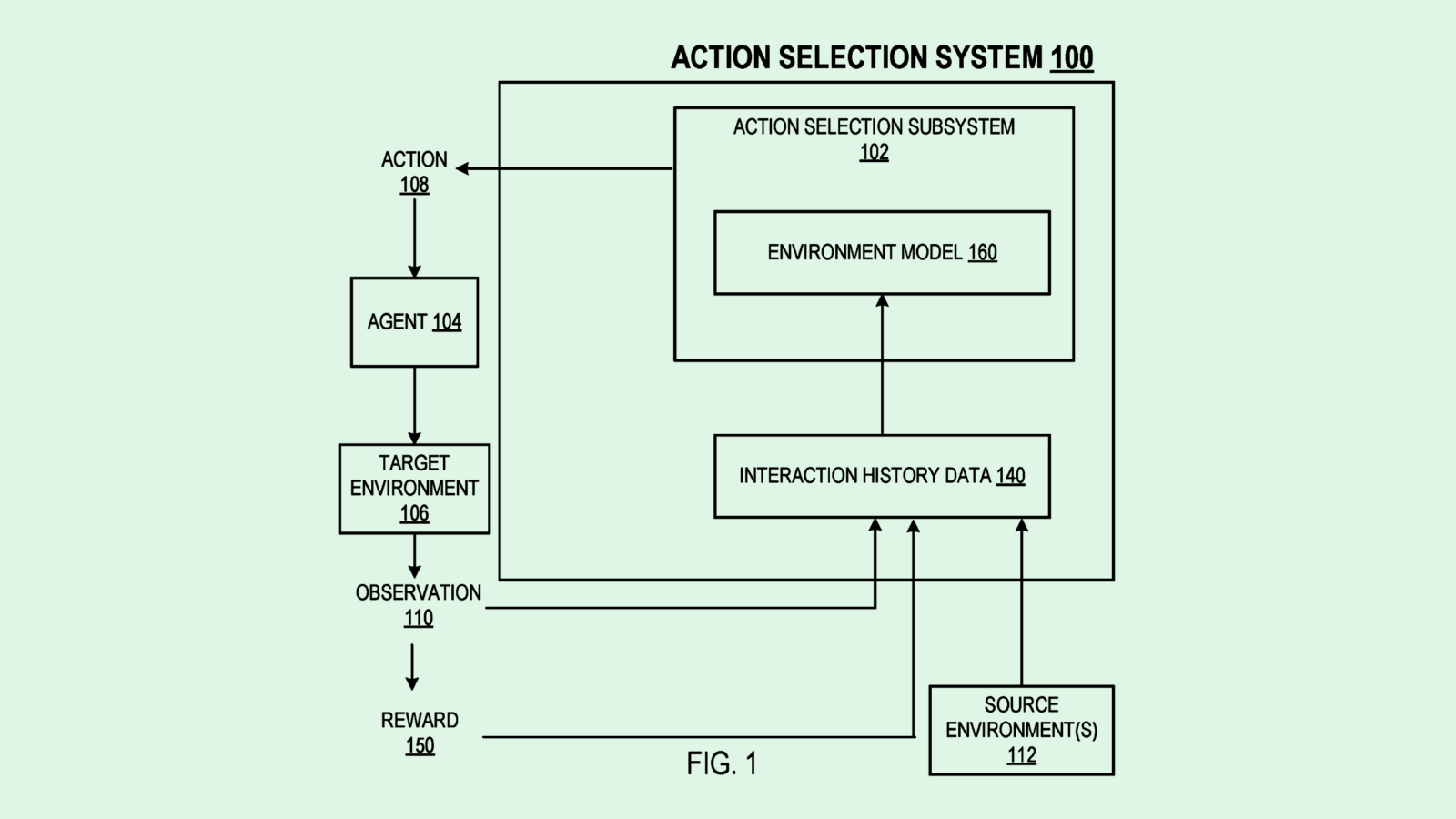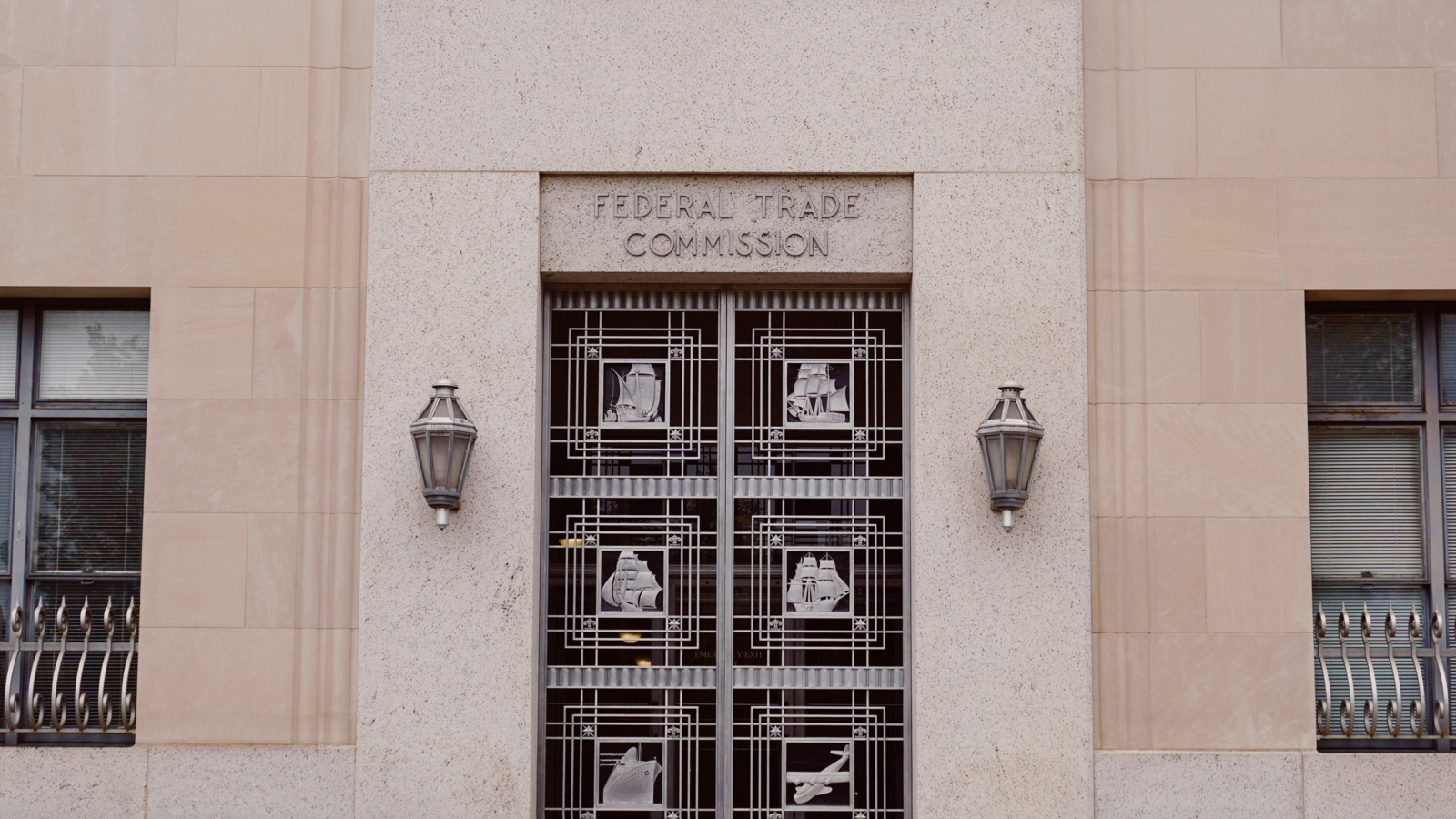As Scandals Mount, Sportsbooks Team Up to Tackle ‘Problem Gambling’
The biggest names in the business say they’ll spend $20 million to form a group to encourage responsible gambling.

Sign up for smart news, insights, and analysis on the biggest financial stories of the day.
If the gaming industry knows anything, it’s how to hedge a bet.
On Wednesday, a collection of the biggest US sports betting groups, including FanDuel and DraftKings, announced they are joining together to combat “problem gambling,” forming the Responsible Online Gaming Association (ROGA) — just as the industry faces a torrent of high-profile scandals.
One Man’s Problem…
The sports betting industry continues to explode. In fact, in the minutes leading up to this year’s Super Bowl, bettors were recording nearly 15,000 transactions per second with major sports books, according to data collected and analyzed by cybersecurity firm GeoComply. But, as with any vice, the rise of legalized gambling comes with a social cost. An estimated 2 million US adults meet the criteria for a severe gambling problem, according to the National Council on Problem Gambling, while up to 8 million more could be considered to have a mild or moderate problem.
The increased presence of problem gamblers has not gone unnoticed. Earlier this month, Cleveland Cavaliers head coach JB Bickerstaff said he and his family had received threats from scorned bettors who had discovered his phone number. And just ahead of the kickoff of March Madness, US Senator Richard Blumenthal (D-CT) wrote a letter to major sports books demanding they “stop leveraging data to target problem gamblers with promotions and ads.”
The details of ROGA remain vague, outside of an initial pledge of $20 million that will be used to “create these evidence-based best practices and to really empower players with information,” according to a statement by group executive director Jennifer Shatley. Of course, the line between “problem bettors” and “top customers” is quite blurry:
- A 2021 parliamentary report on the UK’s legal gambling industry, which is far older than in the US, found that 60% of the industry’s profits come from just 5% of users who are either problem gamblers or at the risk of becoming so.
- In December, famed short-seller Jim Chanos exited his bet against DraftKings after realizing how “bad bettors the US gamblers are,” thanks in part to the popularity of same-game parlays — bets with odds that are typically less transparent.
Double Trouble: Betting’s rise has also spurred questions about the integrity of pro sports. The NBA recently opened an investigation into end-of–bench Toronto Raptor Jontay Porter, due to a string of irregular bets on his in-game stats. And earlier this month, Shohei Ohtani of the Los Angeles Dodgers became ensnared in a scandal after it was found that at least $4.5 million in wire transfers had been sent from Ohtani’s bank account to an illegal Southern California bookkeeper; Ohtani has since accused his longtime interpreter of sending the funds in an act of “massive theft.” Athletes are always told to bet on themselves – just not literally, please.









